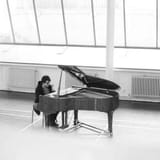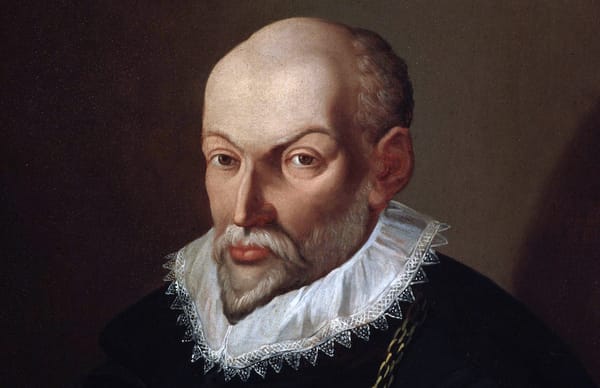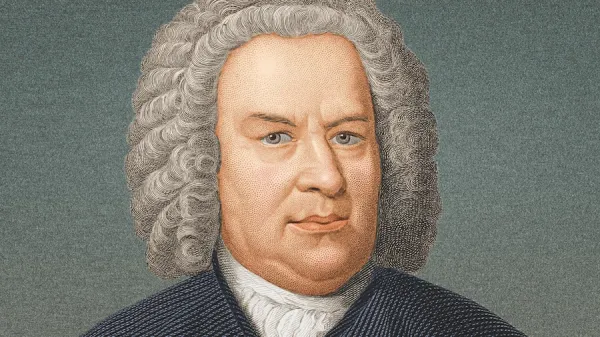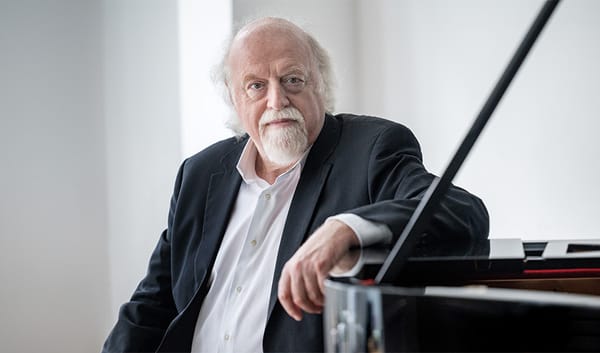Gustav Alink on Piano Competitions and the Alink-Argerich Foundation
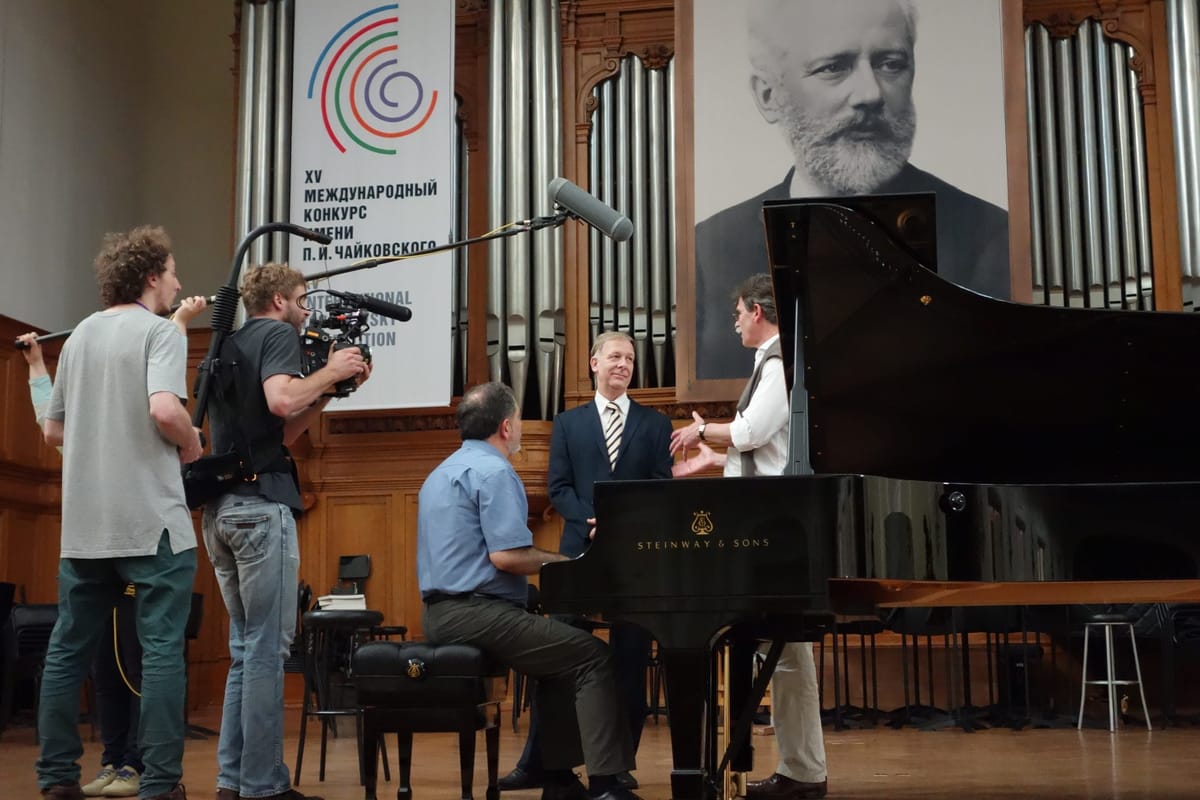
Please share your background with us.
I am from the Netherlands where I pursued my violin studies. Then I went on to university to study mathematics. I worked in the field of mathematics between 1981 and 1995, but then fully returned to the music world. In between, I have always continued to be involved with music, not as much as a performer, but by conducting a lot of research. This resulted in a series of books, which I authored about the Piano Competitions worldwide, and eventually, the Alink-Argerich Foundation was created in 1999.
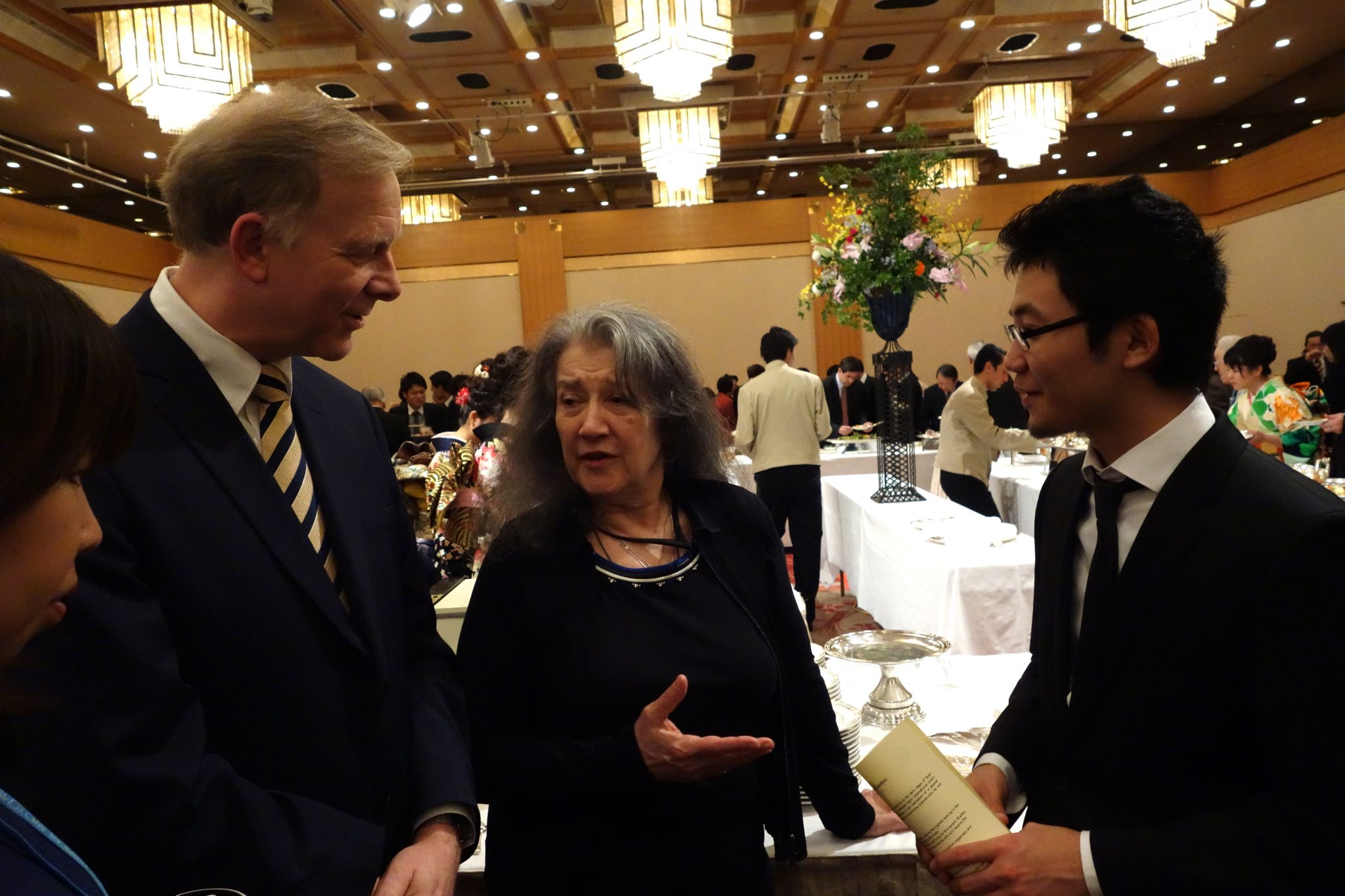
Photo: With Martha Argerich in Hamamatsu, Japan 2015
The setting up of the foundation was a gradual process. In 1981, I met Martha Argerich and we became good friends. We talked a lot and she even supported my idea towards conducting research on piano competitions. In 1999, Martha Argerich was the co-founder of our Foundation and became its patron.
Running the Alink-Argerich Foundation is truly a gift to musicians across the world. Tell us more about the AAF. How and why did you decide to run such an ambitious venture?
Across the globe, musicians require support and need to be well informed about piano competitions. This was the main reason why I authored those books and started the Foundation. Being a musician at heart and a scientist at the same time, I am in the position to understand the needs of musicians and organisers and be able to provide them with objective information and advice.
Our Foundation is an independent organisation with a clear focus on Piano. We support and assist musicians and organisers in a very objective way. These are some of the strong aspects of our Foundation.
Having done profound research on piano competitions for over 35 years has given me a wealth of contacts with musicians at all levels, all over the world. I know thousands of pianists personally and have the names of more than 50,000 pianists in my database along with many details of their achievements in international piano competitions. And we have a huge amount of details on these competitions as well. This enables us to assist the organisers even better and to make contacts (for jury members or potential participants), whenever required. This makes our Foundation unique. All the information that we have and the services that we provide cannot be offered by any other organisation.
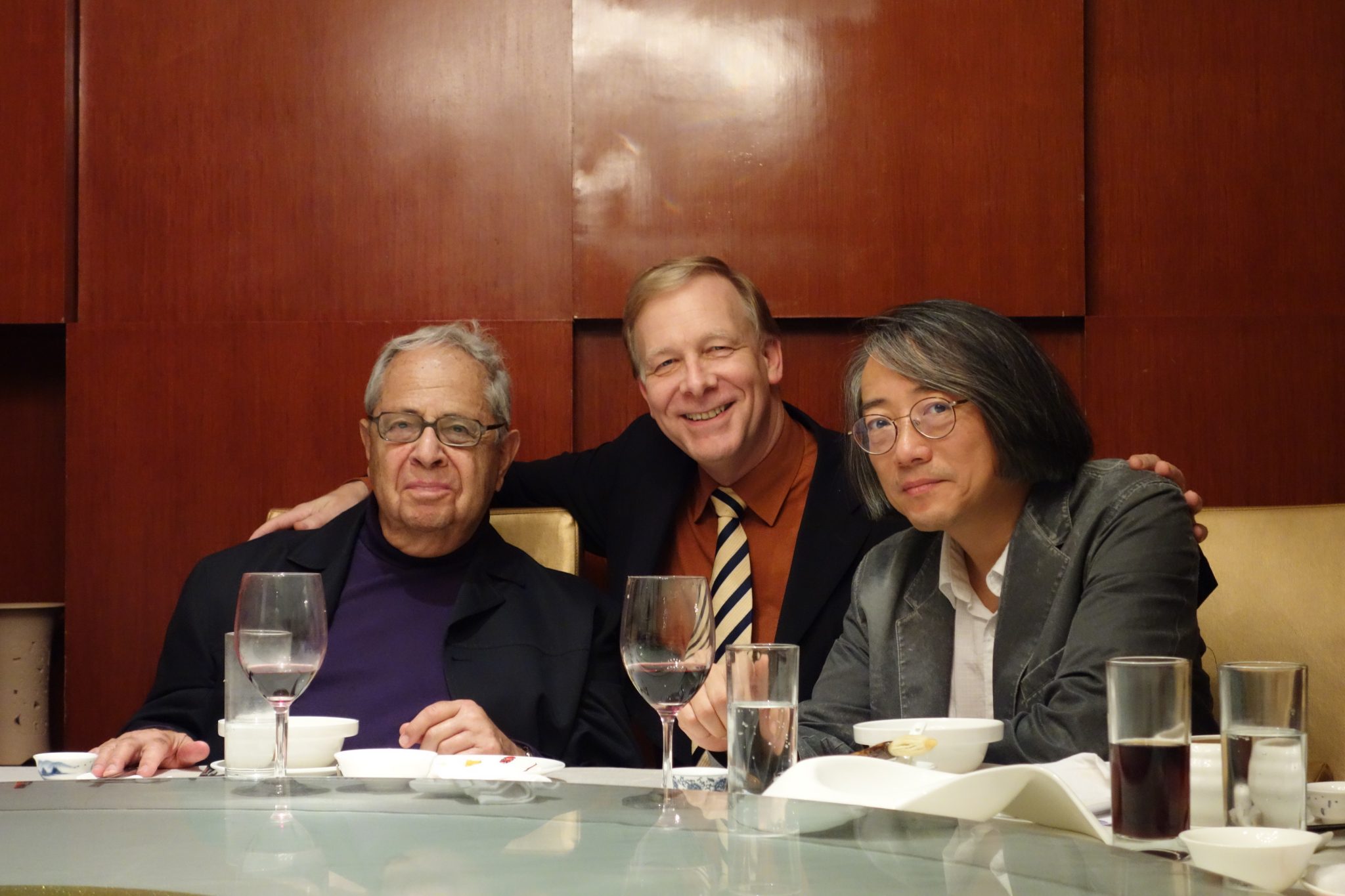
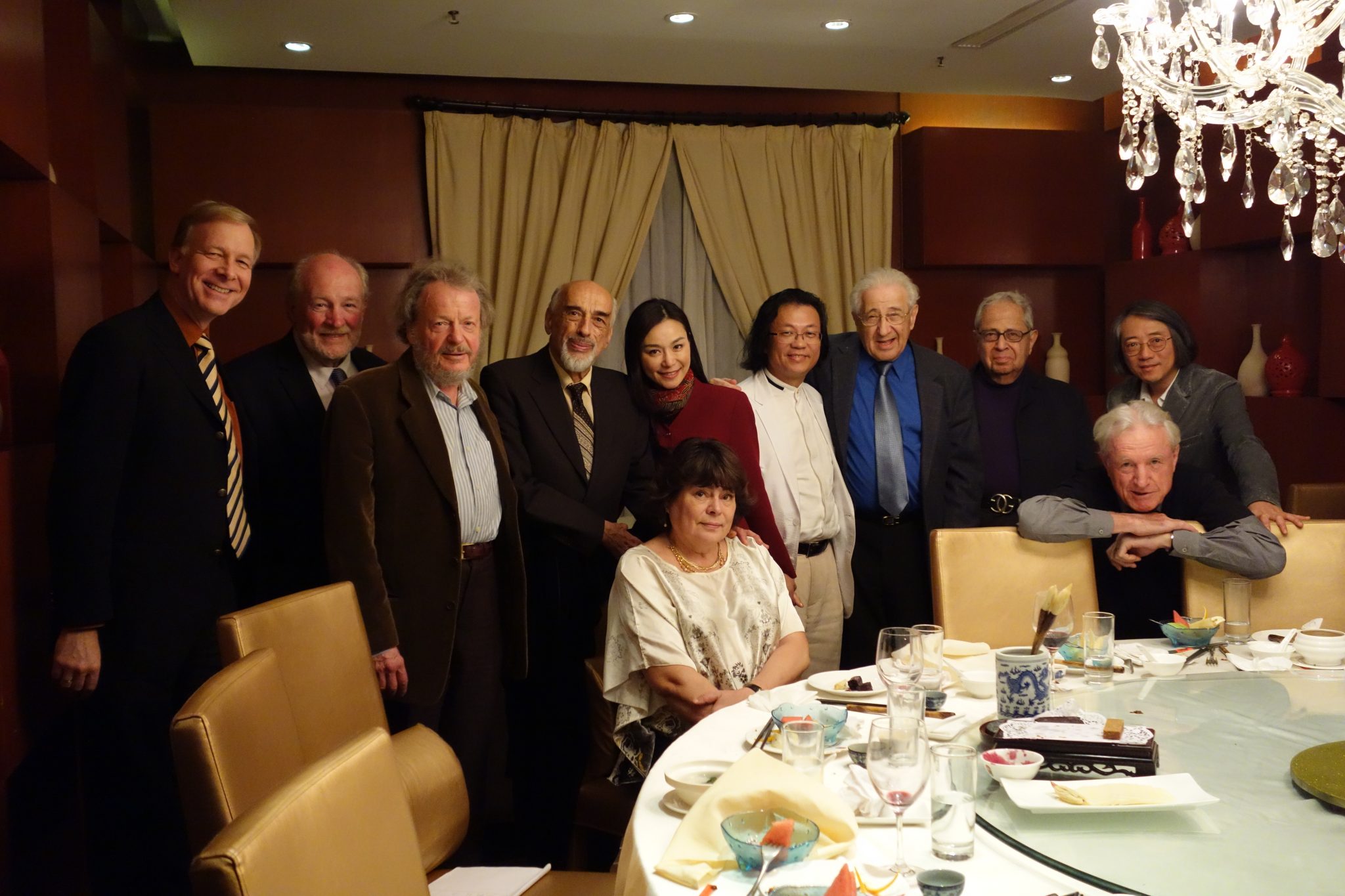
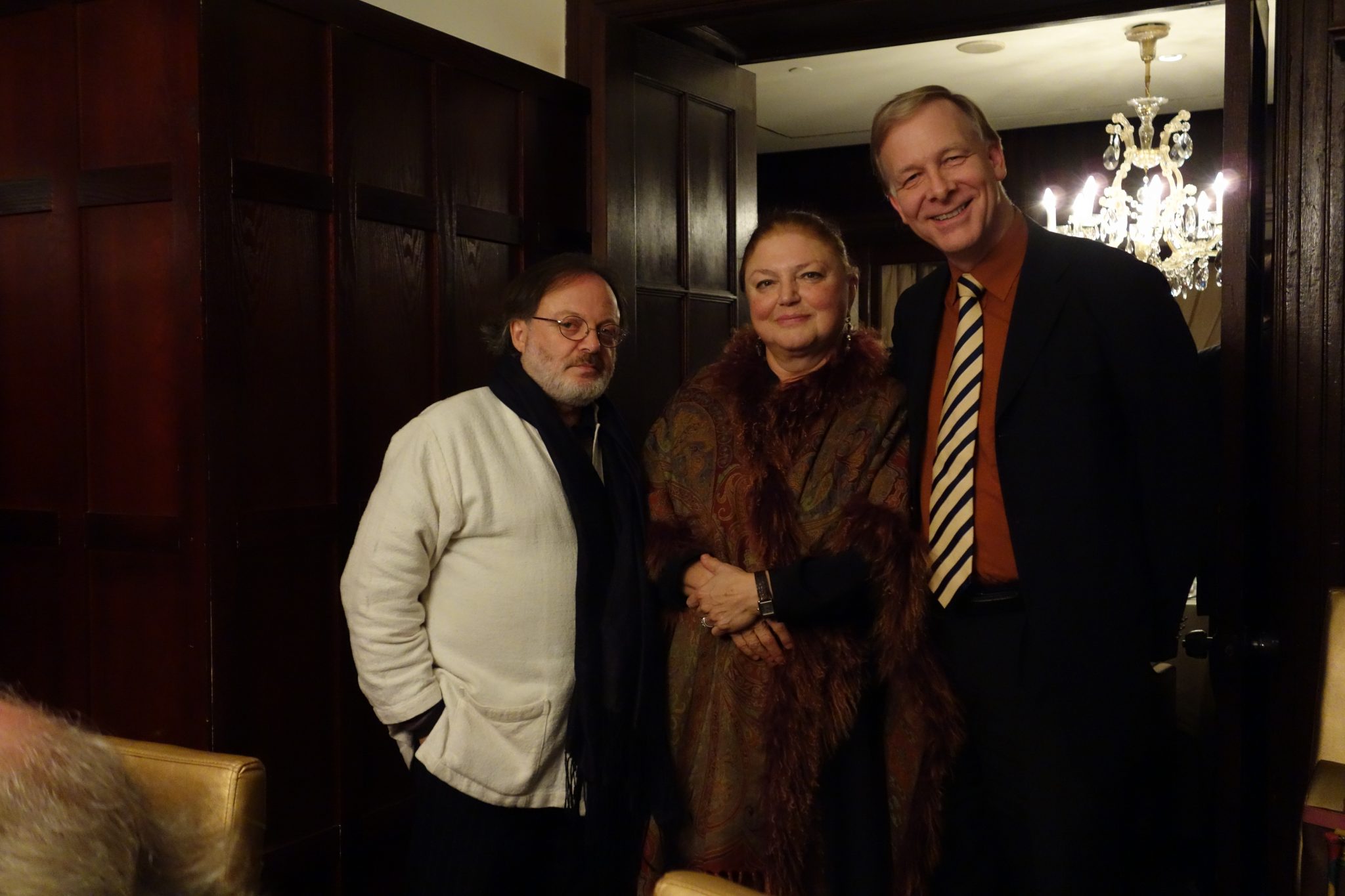
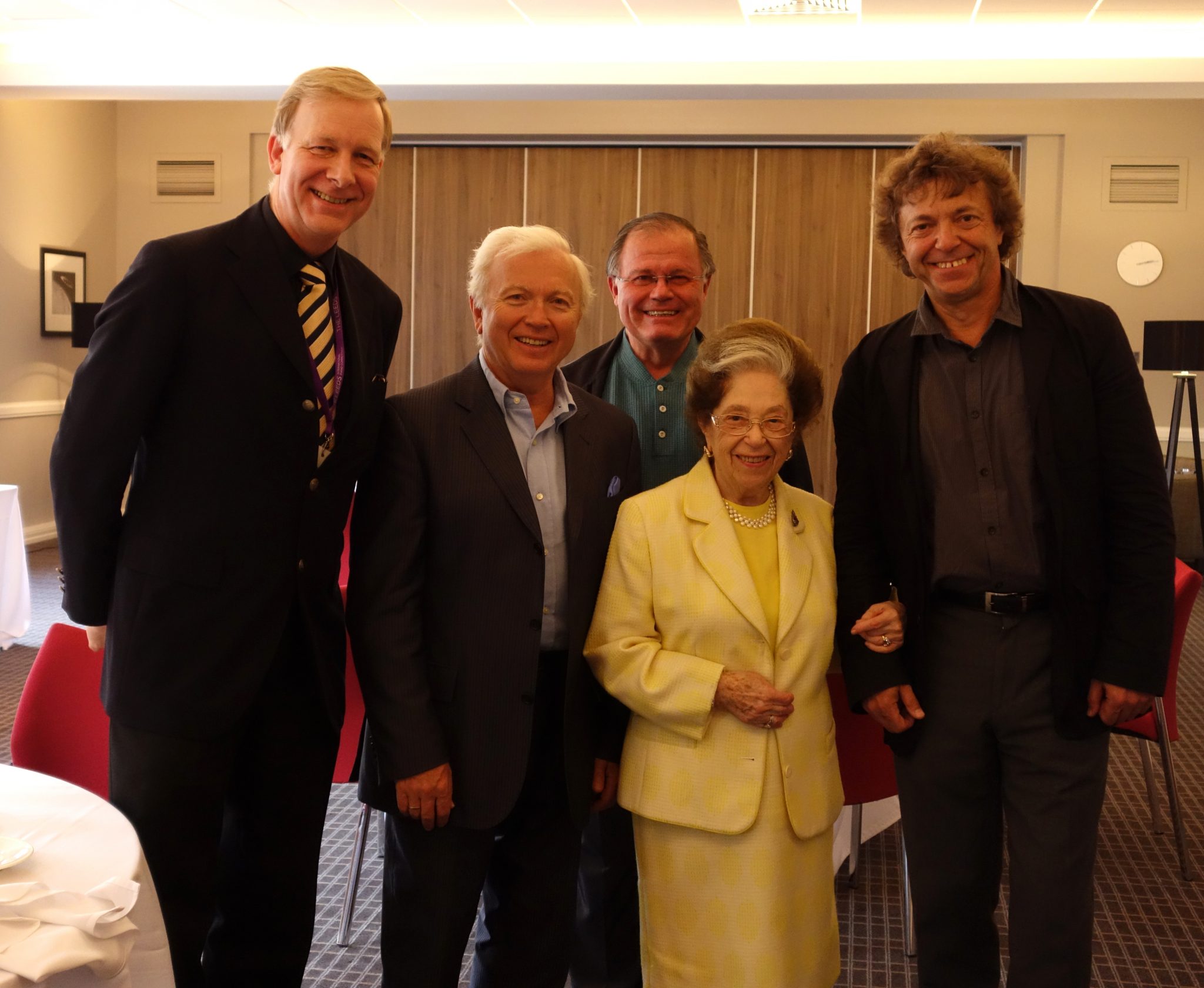
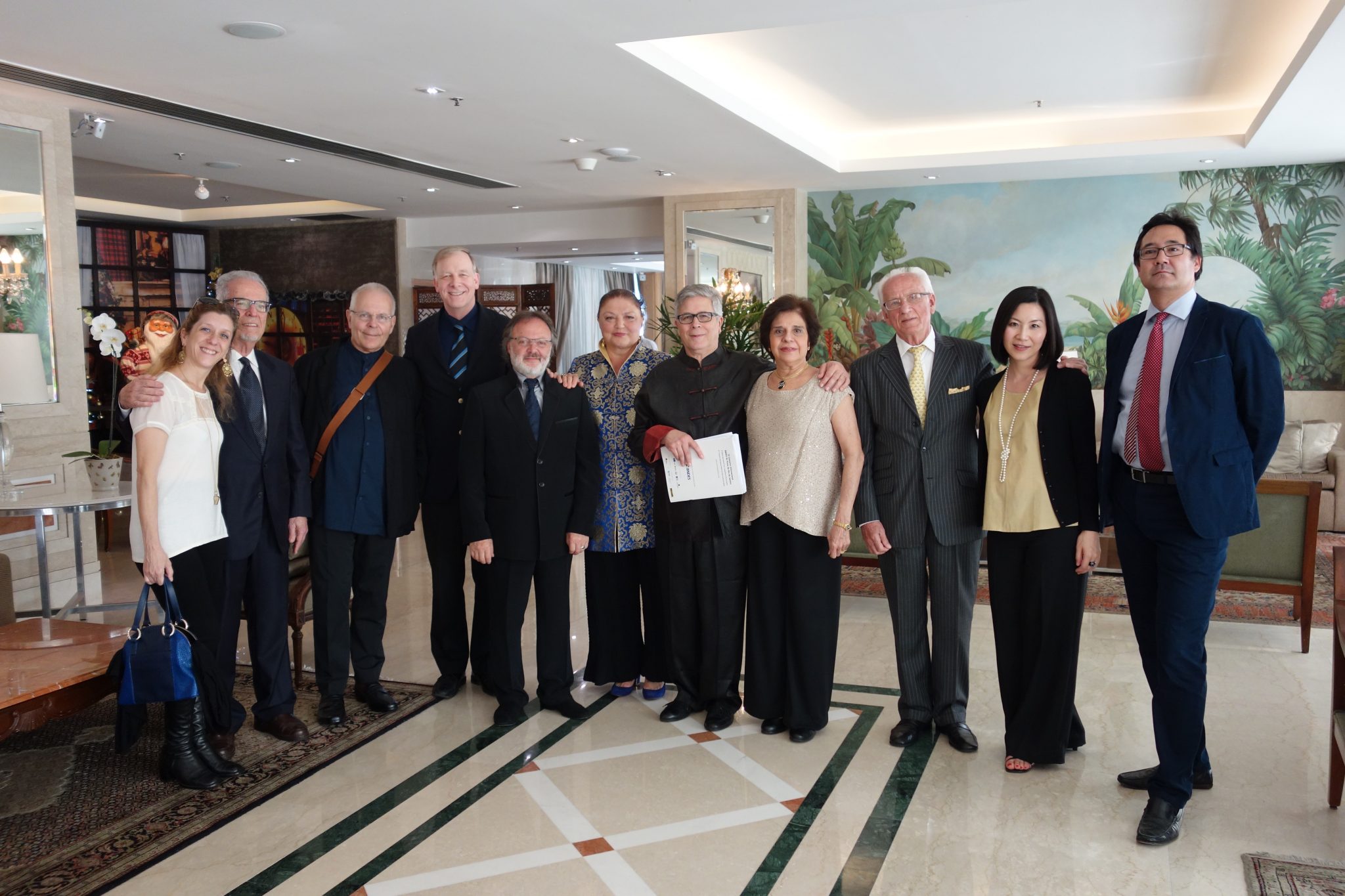
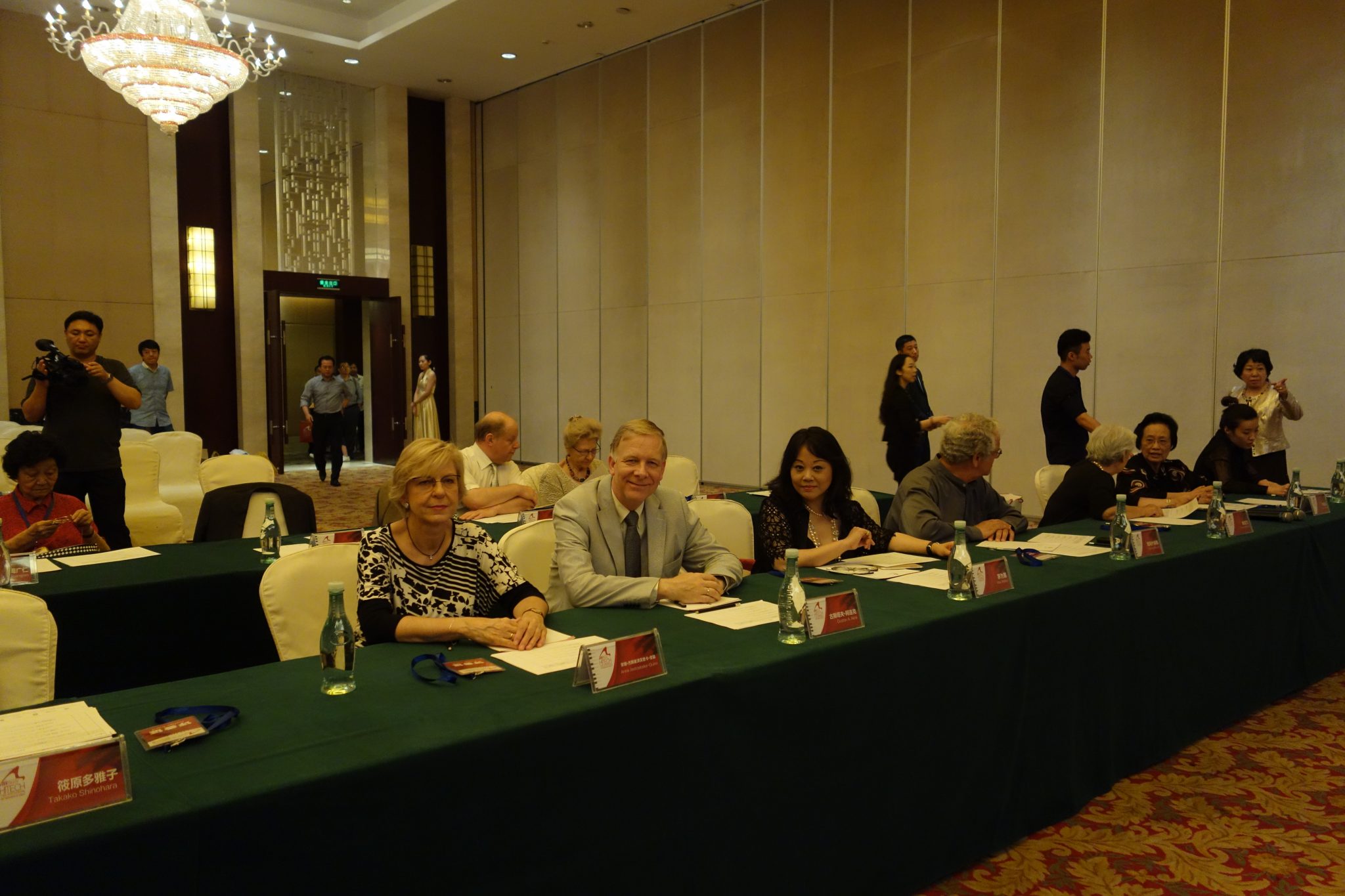
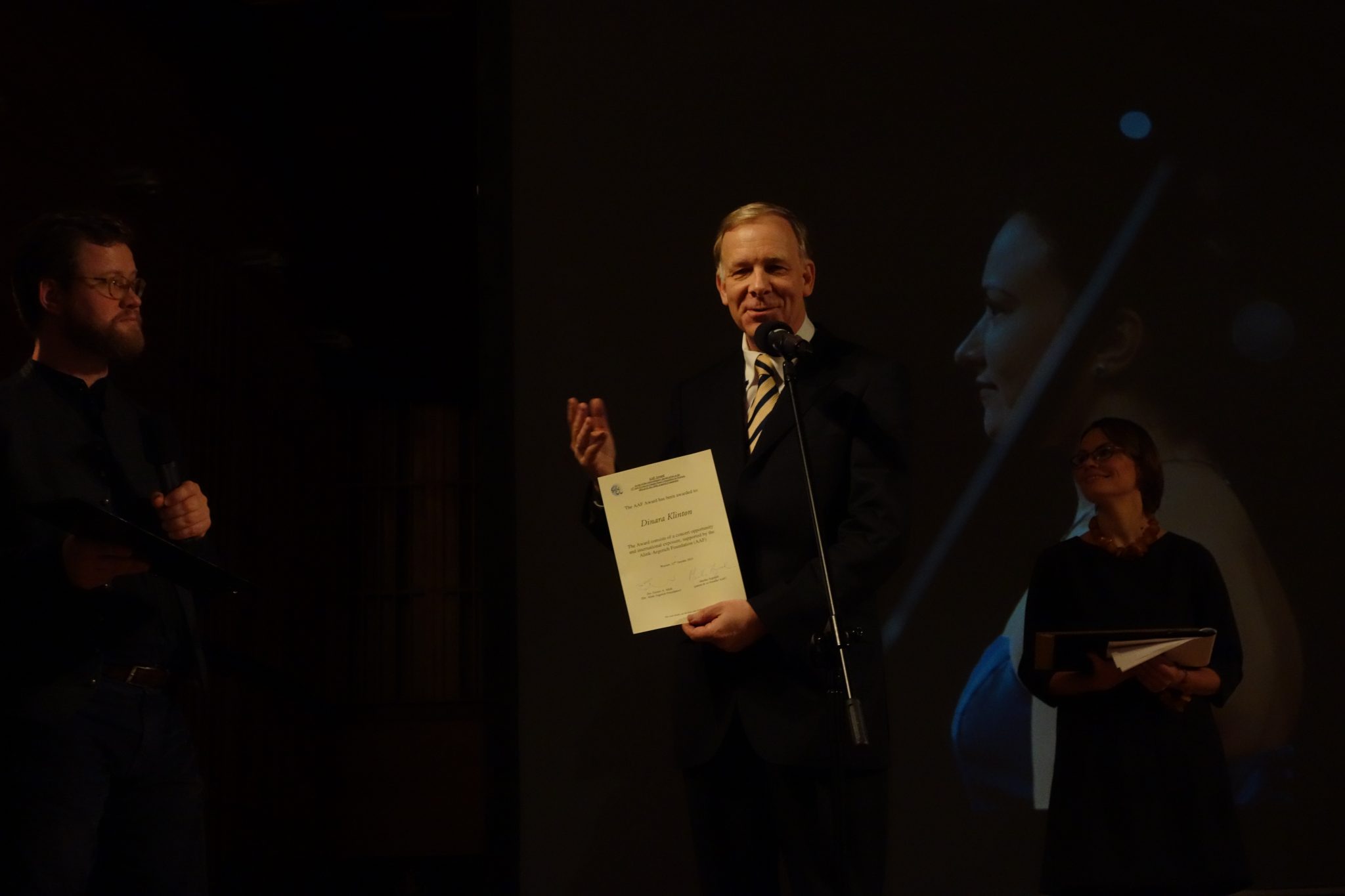
Where are piano competitions headed in near future?
Piano competitions will always continue to exist. They provide a platform for young musicians to present themselves and opportunities to award the best talents, and to help them in their careers. Moreover, the Internet and social media are also playing a role. We can see this in the pre-selection systems and also for the promotion of competitions via webcasts and high-quality live streaming.
What advice do you have for pianists entering competitions worldwide?
Make a good choice of the competitions that you want to enter. There are so many. It is important to compare them. Choose the one that suits you the best in terms of repertoire, and of course, you need to find out how to get there and where to stay.
Some competitions offer travel and accommodation assistance. As for the repertoire, it is important that you feel comfortable with the pieces that you select. Do not play too many pieces that are new to you.
If it is an important competition, it would be better if you have already performed your selected pieces in public before you enroll. If not, you should be mentally prepared to expect some disappointments in the organizational activities and practicing facilities.
Why is music and its education important?
Classical music is important to all of us, whether you are a performer, a composer or a listener. We all need Classical Music. It is good for our souls and it also stimulates our brains in different ways. Moreover, I am convinced that Classical Music is good for society in general: it creates more peaceful environments and it can bring more understanding and new friendships among people from all over the world.
About Gustav Alink

Gustav Alink from the Netherlands, is considered the world’s leading authority on piano competitions. He studied mathematics, and graduated from the State University of Utrecht with honours. He played the violin during 13 years, and speaks seven languages.
In the early 1980s, it was Martha Argerich who advised him during his research of piano competitions. During the course of his research, Drs. Gustav Alink visited some 600 piano competitions worldwide. He published six books on the subject, and wrote more than 300 articles for piano magazines and newspapers.
In Drs. Alink’s sixth book he introduced a classification of competitions. Because of his dedicated research, Gustav Alink is often referred to as “Mr. Competition”.
During the years 1983-1985, Gustav Alink arranged concerts in Holland for young foreign pianists, which included a series of recordings for radio and television.
Being a devoted photographer, his portraits of great musicians have been used on record sleeves, and appeared on posters and in programme books.
Drs. Alink is frequently invited as a guest to international piano competitions such as the Queen Elisabeth, the Van Cliburn, the Gina Bachauer, the Tchaikovsky Competition, the Arthur Rubinstein Competition, the Chopin Competition in Warsaw, and many other competitions all over the world. He served on the jury for international competitions in Europe, Japan, and the U.S.A.. He gave lectures in Europe, China, Japan, Taiwan, South Korea, South Africa and the U.S.A.
In November 1999, he founded together with Martha Argerich the Alink-Argerich Foundation (AAF) which actively assists young musicians in the field of competitions and building careers (www.alink-argerich.org). Currently, more than 150 international piano competitions have become AAF member competitions.

